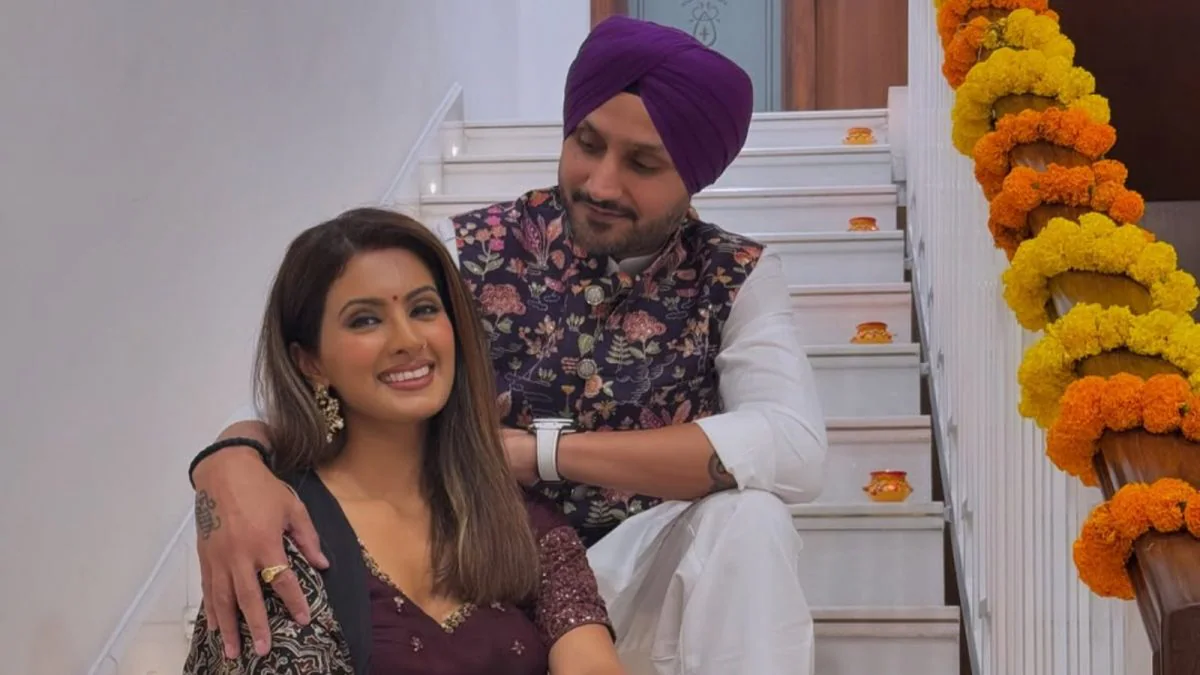‘Why Do You Need To Work’: Geeta Basra Recalls Facing Sexist Remarks Upon Marrying Harbhajan Singh

Last Updated:October 05, 2025, 18:45 IST
Geeta Basra shared her experience of facing sexist remarks after marrying former India cricketer Harbhajan Singh, including questions about whether she would continue working.

Geeta Basra is married to Harbhajan Singh.
Film actress Geeta Basra recalled facing sexist remarks upon her decision to marry former Indian cricketer Harbhajan Singh. After she tied the knot with the legendary off-spinner of the senior Indian team in 2015, Basra revealed she faced a host of questions, including being asked, “Why do you need to work?”.
“I was told, ‘Why do you need to work? Why do you have to work? You are getting married,’” Basra, 41, said during an interview with Mashable India, reiterating the age-old gender based objections and unfair restrictions on women that continue to plague sections of the Indian society.
Psychotherapist On the Impact Of Such Sexist Remarks On Women
Now, an experienced psychotherapist explained the ramifications of such sexist and misogynist remarks against women. According to Delnna Rrajesh, psychotherapist, energy healer and life coach, what could be a simple question for others may have a huge impact on the person at the receiving end, dampening their spirits and making them doubt their worth.
“A message that your worth is tied only to being home,” Delnna told the Indian Express. “That your ambition is optional. That your dreams are negotiable. As a psychotherapist, I can tell you: such statements aren’t innocent. They wound deeply. They echo societal scripts that place women’s value in comfort zones, not in calling, in obedience, not in agency.”
Long-Term Implications
Imposing what has wrongly come to be accepted as gender-based norms can internalise self-doubts. The psychotherapist mentioned that upon repeatedly hearing that one’s work is unnecessary to the family, the person begins to feel their best utility is being at home and performing the household chores. It could lead to a loss of self-worth and identity over time, with virtues of creativity and professional value being cruelly erased.
During her conversation, Basra also highlighted how women are made to feel unsafe in a country where patriarchal norms are still widely accepted. “It’s become so unsafe that now I am scared that I can’t go out alone. Why is that the opposite way? Why is it that girls have to always feel unsafe? While working, there were many things that I would not do, and I still cannot do,” she said.
“But when you are young and opportunities come your way, at that time you feel that if those opportunities slip from your hand, I was scared what would happen to me?”
Delhi, India, India
October 05, 2025, 18:45 IST
[title_words_as_hashtags



